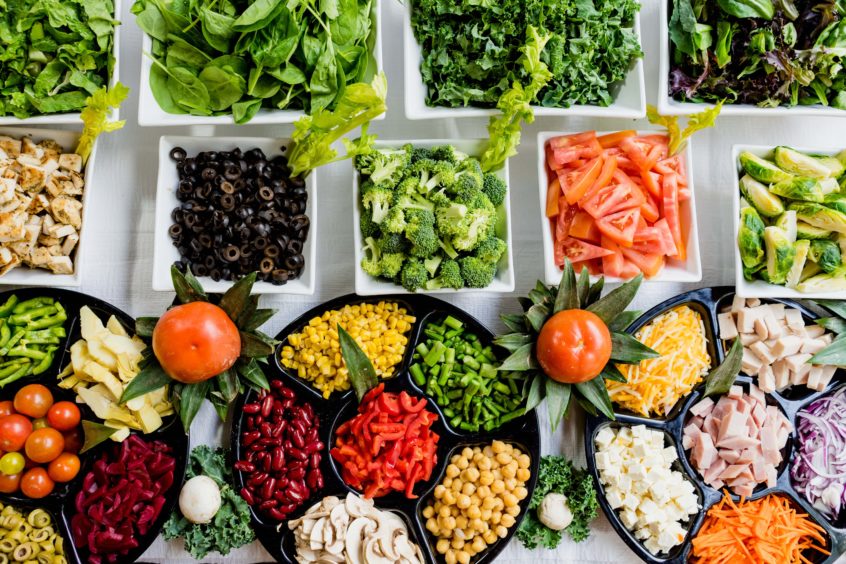A recent article put sustainable diets into the spotlight with a unique approach, tying a “plant-based” diet with meeting agricultural emission goals. After profound research, instead of a traditional plant-based diet, the author concluded that there is no best solution. Rather, individuals must cater to their needs while keeping sustainability in mind if both the human and the planet want to benefit from sustainable diets.
Sustainable Living and Our Dietary Choices
We’ve talked a lot about sustainable living in the past decade, with one core theme being the high agricultural greenhouse gas emission. Upon first glance, a meat-free diet seems to be the most direct way to reduce agricultural GHG on a large scale. This narrative is often used as a strong argument for vegan and vegetarian believers in conjunction with the animal cruelty topic to advocate against consuming animal-based protein.
However, are they really the healthiest choice for you? This article will look into some of the most popular sustainable diets circling around right now and provide you with the basic information you need to answer the one, single crucial question — what is the best diet for you?
Intermittent Fasting
Intermittent fasting reduces your calorie intake by restricting meal times and thus successfully reduce body weight. Scientists also found correlations between fasting and an increase in metabolism. What they don’t tell you is that depending on how you are planning to fast, the impact on your hormones may be harmful and make it harder to reach your goals.
Depending on your goals, fasting may be the right avenue for you or it might be more harmful.
However, if you are sensitive to changes in your blood sugar level or pregnant or breastfeeding, intermittent fasting may be potentially harmful. Therefore, speak to a professional before giving it a shot.
The Mediterranean Diet
As the name indicates, this diet follows the traditional eating habits in the Mediterranean. The main compositions are fruits, vegetables, nuts, seafood, and olive oil, whereas poultry and dairy intakes are reduced. The diet also allows very lit meat. It advocates for foods high in antioxidants, which are effective against inflammation and stress. It also vehemently restricts any processed food, such as added sugar and refined oil.
The Paleo Diet
The Paleo Diet mimics our hunter-gatherer ancestors and advocates that we should only eat what they consumed. Studies proving ancient humans with stronger dental structures and bone structures are often cited to support the argument.
While the Paleo diet has proven effective for losing weight, it restricts you from certain nutritious food groups because they didn’t “exist” during ancestral eras. For example, you won’t be consuming any whole grain or dairy with this diet.
The Weight Watchers (WW) Approach
While WW programs aren’t a single diet, it is closest to what Ben Cooper proposed in his study. The WW diet plan changes according to the individual’s current weight and targets weight by assigning a numerical value to each food. A plan user must stay within their daily point allowance to reach their weight management goals.
Sustainable Diet vs. Your Bottom Line
Choosing a sustainable diet may appear to be beneficial for the planet beneath us, but is it really good for you? Furthermore, there is never a single diet that can fit someone’s needs 100%. Each body varies in composition, and each individual has a different dietary goal. For example, the popular keto diet may be extremely harmful to some population groups.
The dietary requirement is more specific for sports nutrition since athletes have more challenging goals than the general public. Additionally, an athlete’s travel schedules, medical and injury challenges may make them even more in need of a dietitian.
Therefore, blindly chasing sustainability may end up sabotaging your athlete’s performance. When it comes to dietary plans, your bottom line should always be your health. If you’re uncertain of what to do, talk to a professional before moving forward.

